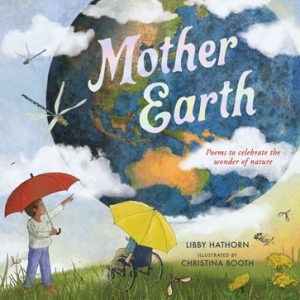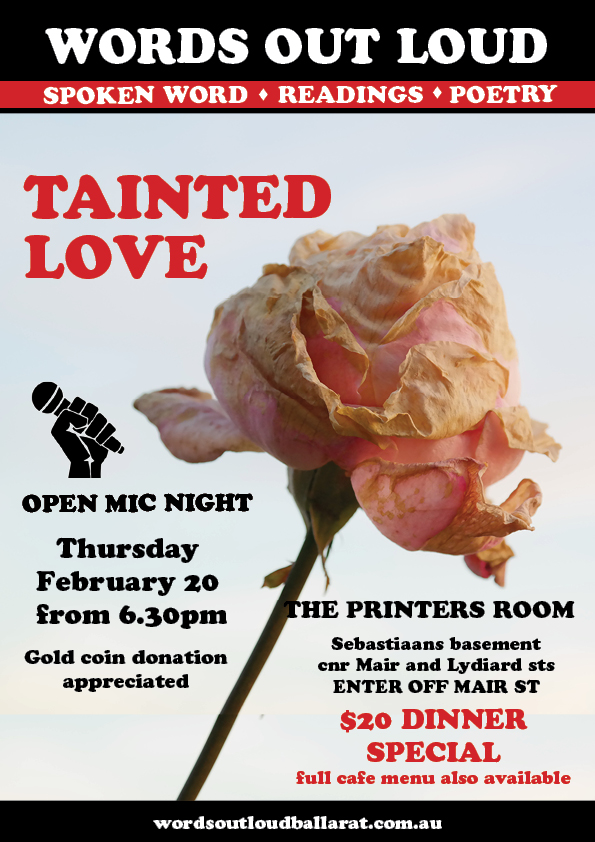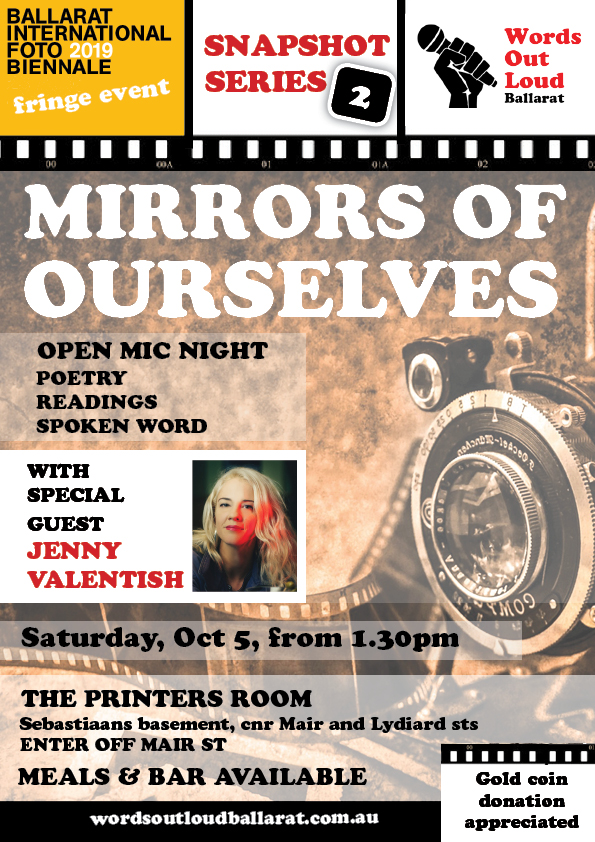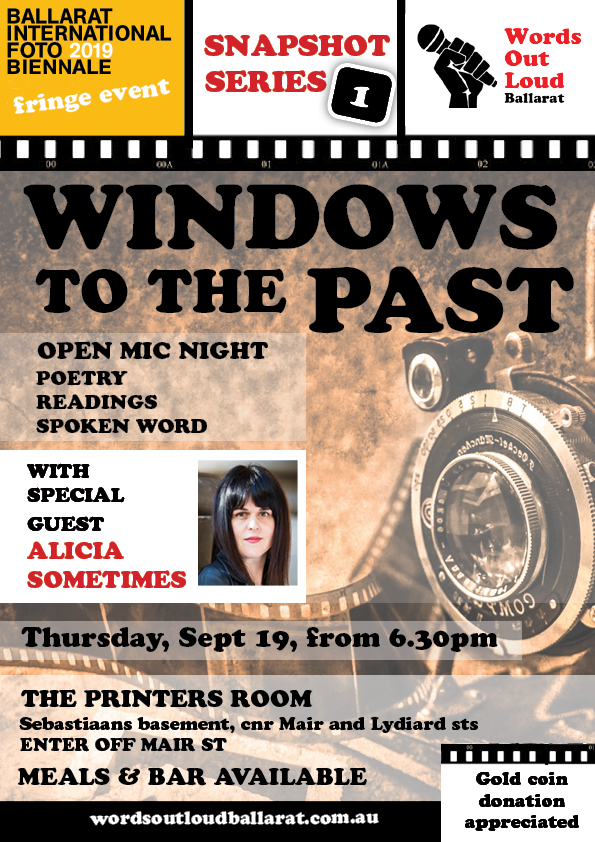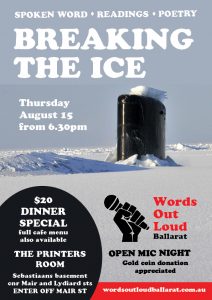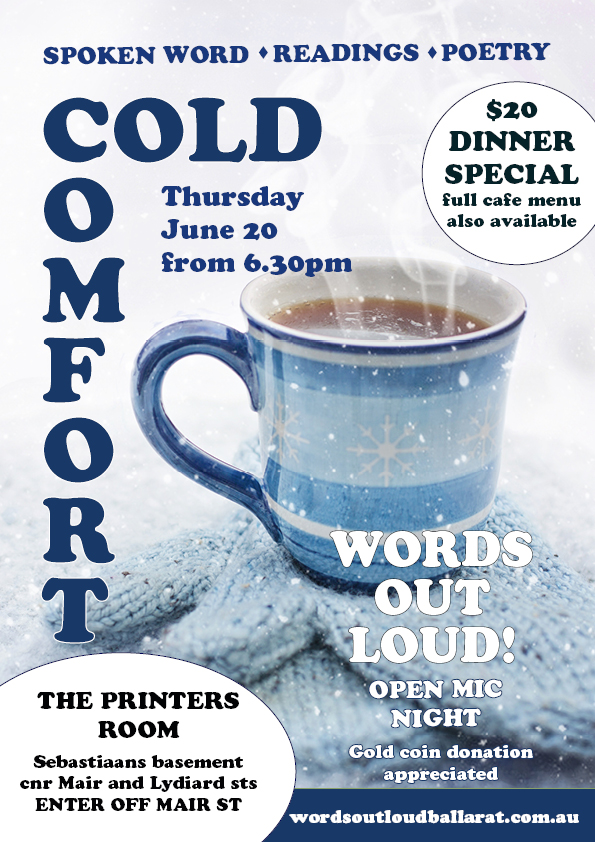Title: Mother Earth: Poems to celebrate the wonder of nature
Author: Libby Hathorn, illustrated by Christina Booth
Publisher: Hachette, 2023; RRP $24.99
Libby Hathorn is a prolific writer for children, young adult and adult readers. Her work has won honours in Australia, the UK, Britain and Holland, and she has won multiple awards and prizes. Her work has also been translated into a number of languages, and adapted for stage and screen.
Illustrator Christina Booth is also an award-winning author of seven books and has illustrated over twenty, receiving a CBCA Honour Book award for her book Kip.
Mother Earth is a beautifully illustrated collection of poems aimed primarily at children between the ages of four and eight, but there are also poems older children might enjoy. The poems’ main theme is the beauty and vulnerability of the world we inhabit, and repeated throughout is the responsibility of all of us to protect and maintain it.
My first thought was how both message and reading and/or listening pleasure would be delivered, as this requires delicate balance given the age of its audience. If the educational component is heavy handed, the poetic element can get lost in the facts. What made this danger particularly poignant is that its message is a more important subject for its audience than the adults who will share it with them.
Children, because of their age, respond to the natural world differently to the way adults do. Consequently alongside the need for environmental damage needing to be discussed with children it is equally important that it be relayed with rhythm and beautiful words they can connect with and enjoy.
Libby Hathorn has balanced these two concerns skilfully. Sharing what is meant by the natural environment and its need to be protected is explored throughout, including gentle hints about how this can be achieved. These ideas are presented in entertaining and informative poems alerting children to the need not to take its safety for granted, and what sorts of things that can be done, e.g., the bouncy ‘Say Rubbish to Rubbish’.
The natural world is defined in its full complexity, starting with a poem that talks about how we are all connected with the natural world.
You connected. Me. Us. They.
…
to things unseen and all you see.
The messages about current happenings doing damage are inserted amongst those concentrating simply on how blessed we are with the world we have. A poem filled with how good it feels to swim in the ocean, for example, is followed by another that recalls a beach walk and how too many of the shells have been removed.
This technique is used throughout, introducing invasive species, the effects of climate change, wildlife loss, etc. These are outnumbered by poems sharing the beauty and magic of the natural world however, so the overall tone is one of celebration.
A poem I particularly enjoyed was ‘Valley under the rock’ which gives voice to the mysterious and unknown about the natural world, recalling to me the otherworldly feel in underground caves, and the peace evoked by the deep silence when I walk deep into bushland to where the sounds of human habitation disappear. This allows reader and listener to experiencing it not just as a collection of one-dimensional facts.
Found a rock cathedral
in mansions of green
ancient secret cavern
glistening, serene.
This book could be used both for reading out loud and for sitting reading alone with a child. The illustrations add colour, shape and movement to the words, and the vivid colours and inclusion of details both large and small in the illustrations support this as well as the size and construction of the book itself. The firm front and back covers means it is easy to hold open, facing outwards.
I practised reading some of the poems aloud and found they lend themselves well to performance, invaluable for the adult reader who is able to add that element to the reading or who just likes to put on a bit of a show, whether teacher, librarian, or adult at home. Repetition is used throughout, and rhythm, for example in the poem on how we are all connected
to butterfly, to hairy ape
to itchy nits, to slipping snake
and another about a storm:
water sobbing
in the doorways
cats hobnobbing
Though all the poems are expressed in simple, vivid language aimed at younger children, a few also include less common words to challenge, inspire and entertain, e.g., coruscant, thrum, gnarled, monotreme. Useful environmentally aware words and phrases are also scattered throughout, e.g., ecosystem, recycling, connectedness to add to children’s vocabulary.
Mother Earth invites questions thus adding to its educational value, but also – speaking as a parent here – opportunity to reassure. Practical solutions are offered, and I can see also how some questions, especially those that need to give hope, might lead naturally to talking about Greenpeace and Landcare, or positive stories like the ongoing emergence of new species.
A small warming. The poem ‘Bushfire baby’ contains a drawing of a wounded koala being given water by an emergency worker to illustrate what happens to animals caught up in a bushfire, which even as an adult I found painful to look at. There are children who might find this image distressful so it’s good just to check that page and be aware of this in relation to your audience, whether just one or a group.
In conclusion, my overall impression is that Mother Earth is anexcellent starting point for introducing children to our natural world and the issues it is facing in the world as it is today. As parent and grandparent, I think it is an attractive, entertaining and useful tool to help introduce our children to the world they will inherit.
Reviewed by: Rhonda Cotsell
Ballarat Writers Inc. Book Review Group
Review copy provided by the publisher
— Rhonda is a retired librarian, ex child bookworm and previous avid reader and performer of children’s books to her own children and later grandson, clocking up over 20 years’ reading a minimum two books every night.
